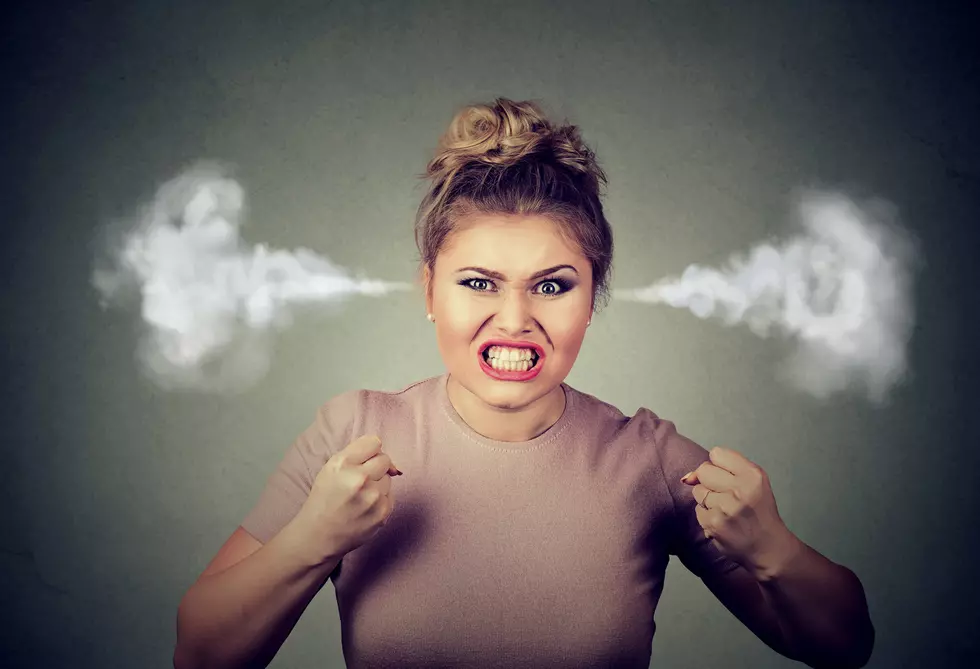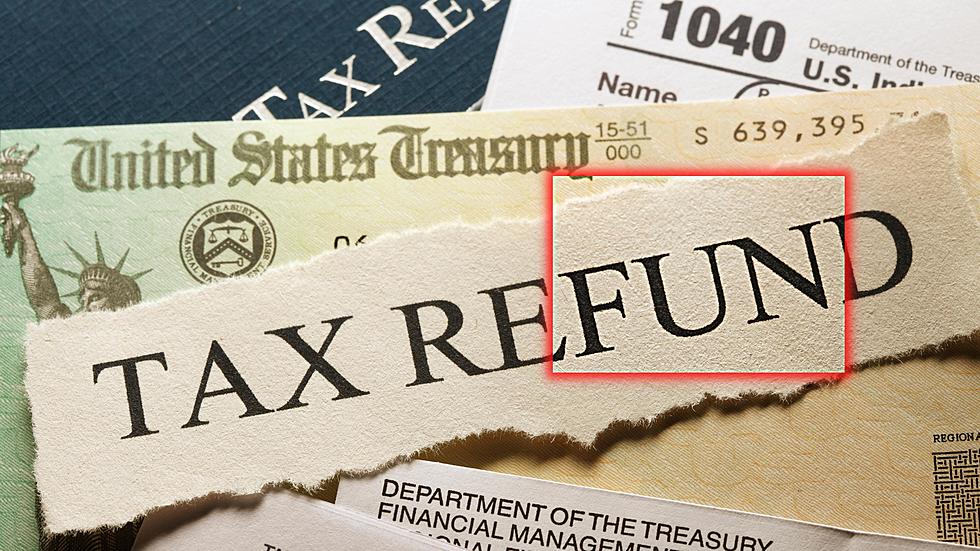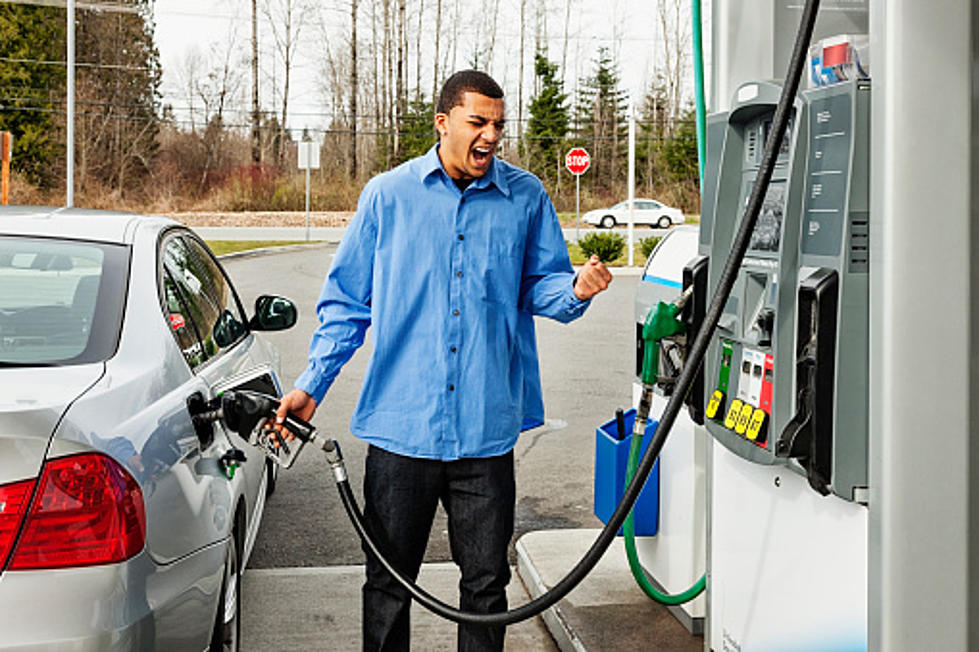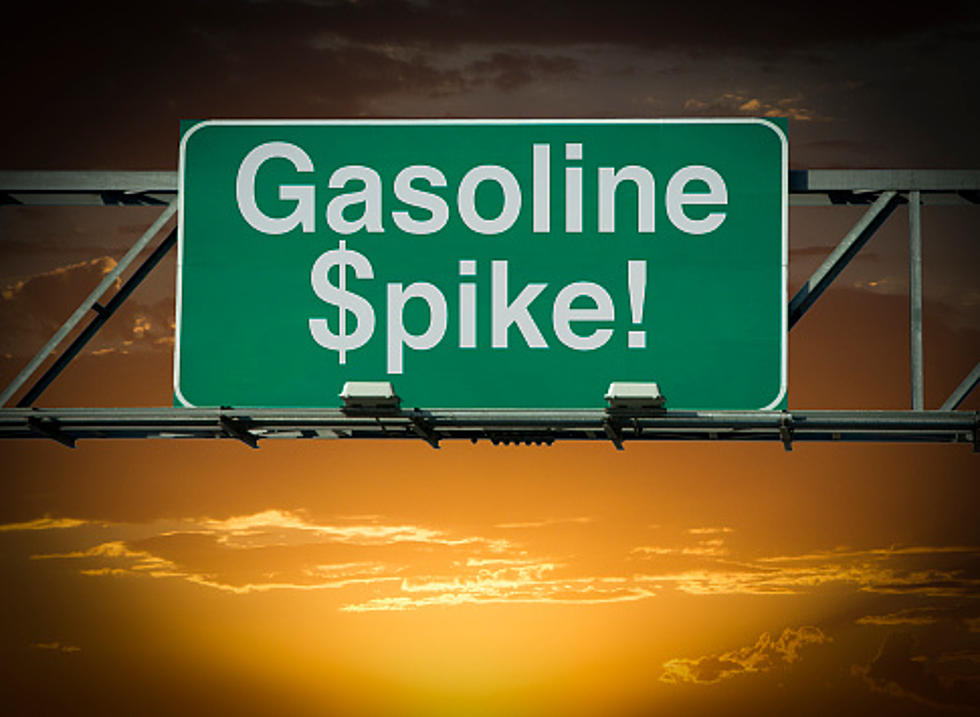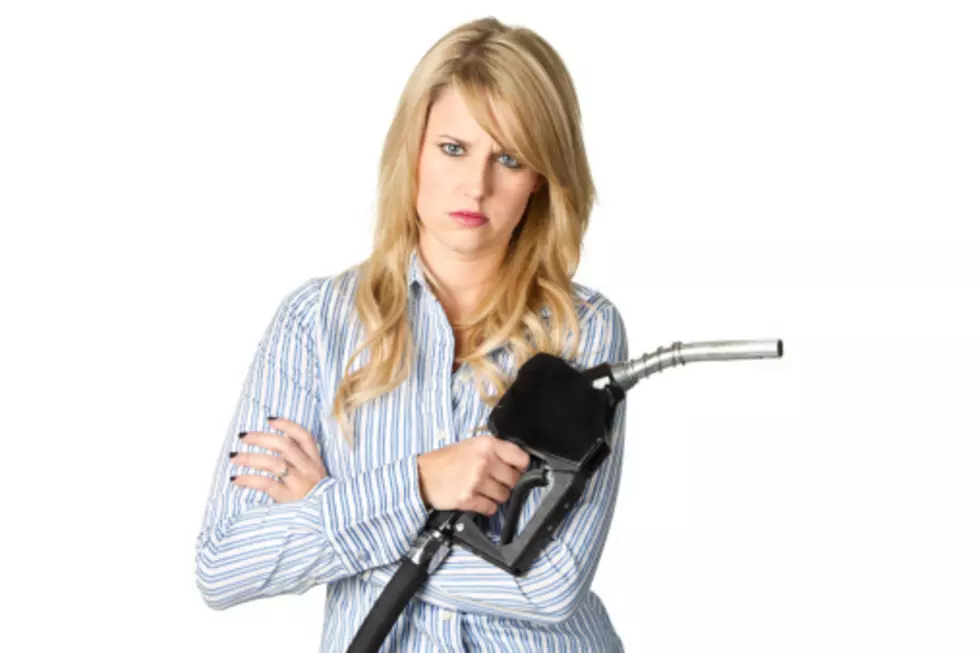
Illinois Lawmaker Really Wants To Jack Up Gas Tax And Fees
State Senator Martin Sandoval's (D-Chicago) proposal would hike the gas tax, double the drivers license fee, and raise vehicle registration fees, too.
And, Sandoval would also like to see the registration fee for electric vehicles increase from $17.50 to $1,000.
On May 9, the Illinois House Revenue & Finance Committee approved (by a 9-6 vote) an amendment to House Bill 391, which would more than double the per-gallon motor fuel tax by setting the state tax level at 44 cents from 19 cents. This increase would come atop layers of local gasoline taxes, state and local sales taxes, and other special fees in Illinois. Illinois is one of just seven states to apply both general sales taxes and fuel-specific excise taxes to gasoline.
The gas tax hike, which comes as part of a capital spending plan, will advance to the House floor for a vote, where lawmakers may send it to the Senate. A previous version of the bill would have phased in the 44-cent hike gradually over a period of five years. HB 391 as amended, however, would spike the per-gallon rate directly to 44 cents in July 2019.
The folks at Illinois Policy, as you might imagine, are not big fans of this idea:
Illinois is one of just seven states that imposes a sales tax on gasoline. But that’s only one of the taxes hitting residents at the pump. For example, the typical Chicagoan’s gasoline bill includes the following taxes per gallon:
- A federal motor fuel (excise) tax of 18.4 cents
- State underground storage and environmental fees of a little over 1 cent
- A slew of sales taxes that total 10.25%*:
- 6.25% state sales tax
- 1.25% Chicago sales tax
- 1.75% Cook County sales tax
- 1% Regional Transportation Authority sales tax
And more state and local motor fuel (excise) taxes:
- 19 cent state motor fuel tax
- 5 cent Chicago motor fuel tax
- 6 cent Cook County motor fuel tax
*How these taxes are layered on matters. Illinois sales taxes are first applied on the base cost of gas plus the federal tax and environmental fees. Then, state and local excise taxes are layered on after the sales taxes are applied. The result is drivers are taxed on the taxes.
Despite not having hiked our gas tax since 1990, Illinois’ gas tax remains 10th-highest in the nation, according to the Tax Foundation.
More From WROK 1440 AM / 96.1 FM


